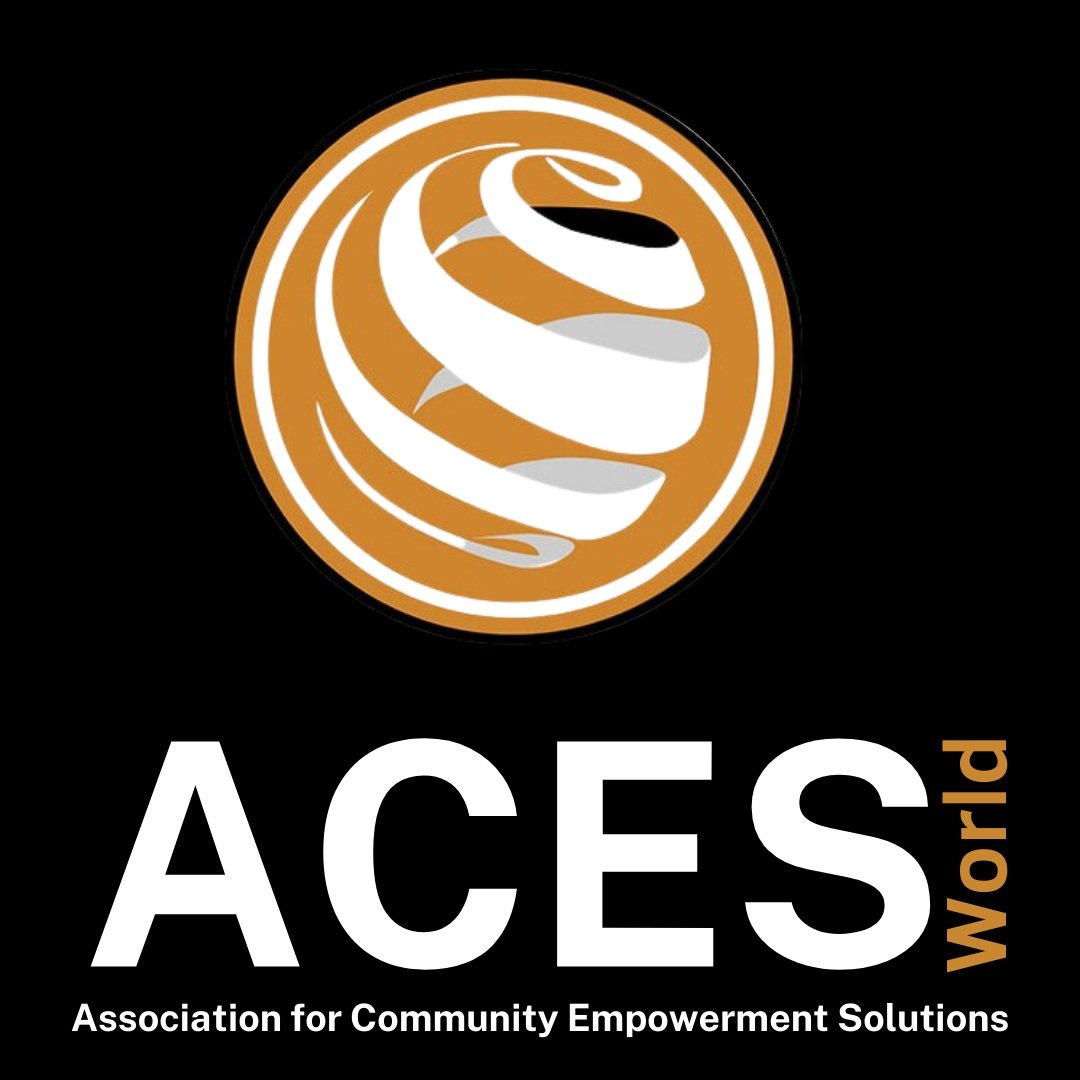It's time to break the period stigma
Young mothers and girls learning to sew pads in Singa to reduce period poverty
By Ei Hlaing
Half of the world's population, four hundred million, face shame and social stigma even though they are innocent and doing nothing wrong. In fact, they are showing that they are perfectly healthy, becoming adults, and ready to carry the wonderful generation for the world. Yes, Because of Menstruation or Period! They are women who are feeling period stigma, discrimination, shame, losing human rights, and adverse reproductive health consequences.
Menstruation is the monthly normal, natural vaginal bleeding of a woman. When she doesn’t carry the pregnancy, the uterine wall sheds, and the blood with some uterine tissues emerges through the vagina from puberty to menopause. During this period, women suffer from abdominal pain, lower back pain, painful breasts, lack of energy, aggressive short temper, and mood swings because of hormonal effects and physical body stress.
There are many periods of stigmas and discrimination in many different cultures and countries worldwide. In Nepal, the girls, while on their period, are sent to menstrual huts because menstruation is not pure and sinful. Some families accept this culture because of the myths and deep-rooted culture. In Uganda, many adolescent girls refuse to go to school during their period because the boys and classmates tease them about menstruation. In my Burmese culture, women's skirts and underwear should not be hung at a height. Those places can get more sunlight to kill the bacteria, though, because women have monthly vaginal bleeding, making women inferior to men.
Women are impacted by period stigma and period poverty with inadequate menstrual hygiene products and lack of access to adequate water for hand and cloth washing. In Bangladesh and India, many girls cannot afford to buy safe, sanitary products; therefore, they must use old clothing and unsafe menstrual products. As consequences, reproductive tract infection, increasing shame, and discrimination, fear of going to school because of teasing them and making jokes, skipping schools and getting behind in education and less educated women, and domestic violence like emotional abuse and physical abuse are happening because women’s natural period cycle is regarded as “disgusting gift.”
This is the time to break the silence about the period stigma. ACESWorld is implementing activities under the ASK4Girls Club strategy for adolescent girls and women empowerment in Ghana, Malawi, and Uganda, including care and use of safe, reusable menstrual pads, sexual and reproductive health education, and stakeholder advocacy for women empowerment. To promote women's rights and break the period stigma by raising our voices, I invite you to join ACESWorld. Visit ACESWorld.org/donate and join us. Help end period stigma.

